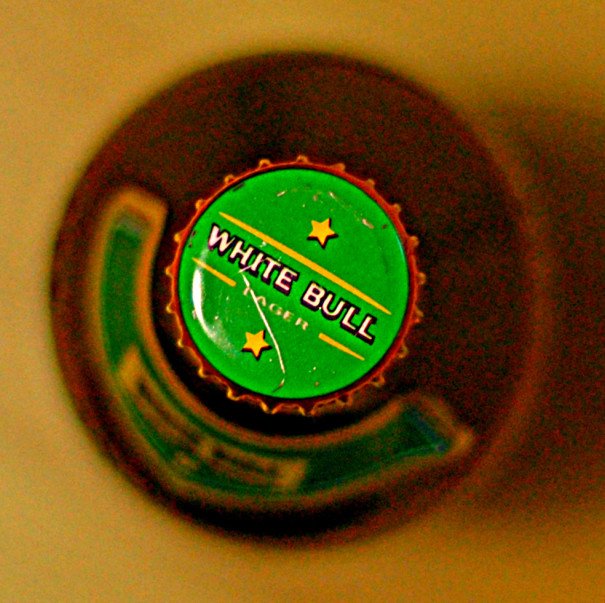
South Sudan’s Great White Hope

South Sudan’s Great White Hope
White Bull Lager in Juba
I arrive at the Juba airport to find my only contact in South Sudan absent and unresponsive. Placing my full faith in the bond Indians feel among their countrymen, I ask the first one I see to help a brother out. As luck would have it, he is a commodity trader from Uganda and personal friends with the wealthiest hotelier in South Sudan, to whose flagship hotel we are now en route.
On the way, I learn that before the outbreak of violence in 2013 there were about 2000 Indians in the city, explaining the high-rise hotels and signs for South Asian cuisine that crowd the roadside. They had arrived in South Sudan shortly after the 2005 peace agreement that ended 50 years of civil war between the north and south. Lucky for my portly and mustachioed compatriots, there was no local industry to speak of, and the world’s newest country was ripe for the picking.
By the time we arrive at the Panorama Hotel, my shirt is soaked through with sweat from the midday sun and the fear of biting off more of an adventure than I bargained for. But one of the perks of making friends with commodity traders is that even in a country defined by scarcity, you can eat well. Plates of biryani follow plates of tandoori in the walled and guarded courtyard. I’m handed a cold bottle and wash down the best chicken pakora I’ve had in a while. But in place of the Tusker sticker that marked the Kenyan beer ubiquitous to restaurants and bars across East Africa is the shiny label of White Bull lager.
The food we eat comes from Uganda. The fuel that drives our generators comes from Kenya. My tablemates hail from India. Even our waiters claim Tanzanian citizenship. It is no wonder why Juba is ranked the most expensive city in the world. The only thing endemic to the city we sit in is the beer in my hand.
After centuries of deliberate underdevelopment and occupation, first by the British, then by an Arab northern Sudan, South Sudan had never been given a chance to stand on its own legs. Though its original slated destiny was to employ its rich soil and cultural heritage in cattle keeping to become the bread basket of East Africa, South Sudan’s entire budget is now composed of oil revenue and foreign aid. White Bull beer was South Sudan’s first—and thus far, only—attempt at building local capacity.
Rumored to be owned by the wife of the late father figure and liberation leader of South Sudan, Dr. John Garang, White Bull beer represented the immense hope that South Sudan promised in the wake of its jubilant 2011 independence. Now that the country is again completely fractured, with famine and rebel forces ravaging the north, and ethnic militias in tandem with Ugandan forces terrorizing the south, White Bull may be the only sign of Dr. John’s vision to be realized so far.